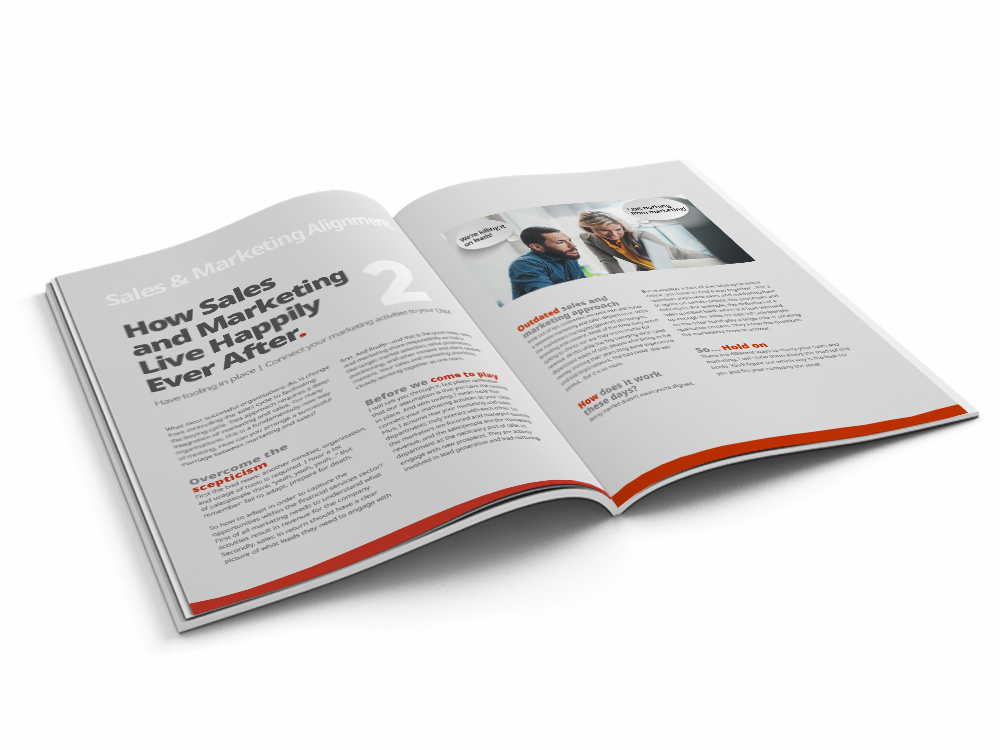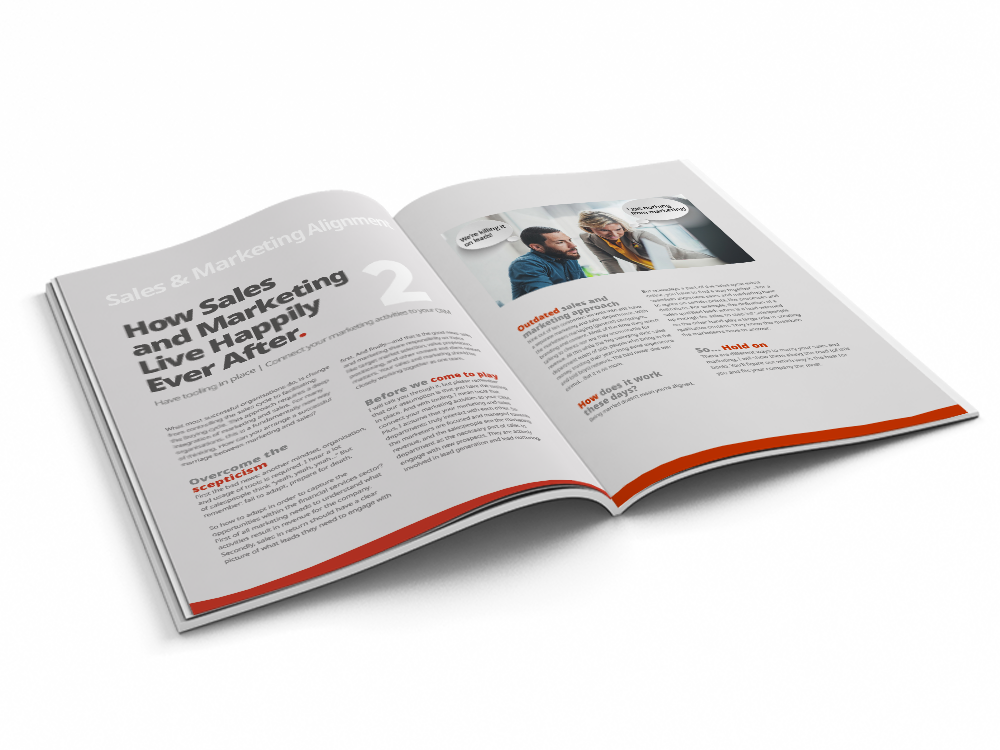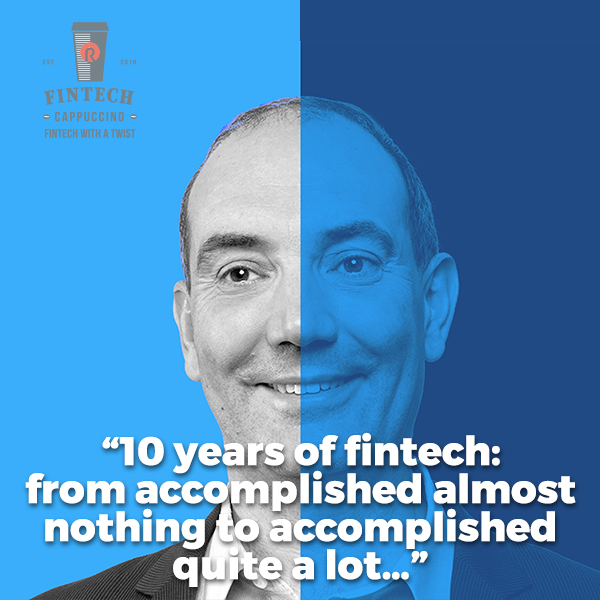The foundation of any successful go to market strategy ...
Marketing
Sales
Automation
For business leaders
For sales leaders
For marketing leaders
RedSnap Inc.
RedSnap Inc. is an agency for fintech branding, marketing & sales. We power fintech growth by aligning your marketing & sales. We develop appealing brands, impactful marketing campaigns and successful sales strategies that truly drive growth. Let’s simply say: we make sure your (potential) clients see you, like you and buy you.
For fintechs

Download here.

eBook 7 habits of highly effective fintech companies
Fintech
Mind the Gap!
Finding the right position.

Welcome to our ‘mind the gap’ article about positioning.
Here we will discuss the importance of positioning and how it can help you stand out from your competitors.
How many times have you walked into a bank to pitch for a piece of business only to be told ‘we already have the functionality you offer’ or ‘we solved that problem a long time ago’. Perhaps you were asked why your solution is better than what is on offer from your competitors. Or maybe the prospective customer assumed that the vendor they were already working with would offer that functionality in their next release.
As a sales person you know you need to say something at this point, but you might not know how best to respond. That is exactly why positioning is so important!
Positioning gives you an edge over your competitors. It answers questions such as ‘Why are you unique?’ or ‘Why would we even consider talking to you?’ It is something marketing and sales need to tackle together if you want to be successful in this highly competitive market. Hopefully we can give you some useful pointers in this blog.
Different is good
Positioning is all about differentiation – for a practical example of what that means we could look at HSBC and BUX, both of which offer investment services to investors who have never owned stocks or shares before. The basic service may be the same, but the way the two organisations position themselves is very different.
The messaging is of course similar (investors must be warned that the value of their investment can go down as well as up) but it is presented very differently. The wording and design used by HSBC is sober and static, whereas BUX is more design-led and very clearly geared towards people who want to use technology to manage their investments.
Positioning is also closely related with the vision of the company. The vision is your informed view on the world, the culmination of identifying opportunities – and being aware of what is happening in the market - to find your raison d’etre as a company. In other words: it is what gives you your unique place in the spectrum of technology providers.
What makes you special?
Good positioning will provide you with the answers to the following questions:
· For which clients do you solve which particular problems?
· How will you do that and why is this different from your competition?
· Or in other words - what problem do you actually solve and why is that unique?
There are two main reasons why companies find it difficult to articulate what their solution does and how it is unique.
Firstly, they assume they are unique and that they effectively don’t have any competition for what they do. They forget that there are numerous businesses out there who feel they have at least as good a claim to offer a solution to the specific problem as our company does.
Secondly, they believe they have a solution to a perceived problem. What they often fail to consider is that this might not be an urgent problem for their potential customers or at least not a problem that needs to be solved now (what you might describe as a ‘nice to have’ rather than a ‘must have’).
Can you handle the truth?
When considering how much of the above applies to your company, it is vitally important to answer these questions honestly. We come across so many companies who thought they were addressing a critical issue that was simply not perceived as a problem by their prospective customers.
There is nothing wrong with believing you are the best at what you do, but you need to remember that unless the customer feels the same way that confidence won’t get you very far. It always comes down to customer perception and your competition will be making similar claims regarding their ability to find a solution to a specific problem.
You also need to remember that from the customer’s point of view there will always be more than one solution.
Once you have your positioning right you will probably want to work on your value proposition. In the next blog in this series we will discuss why a good value proposition is important and how to create a practical proposition.
Make sure you are in the right place to find out more!
The Series
Mind the Gap.
-
From lead to deal1: The sales game has changedFacilitate the buyer's journey, change your mindset
Lack of structure and a lot of creativity. Are these the characteristics that come to mind when asked to describe a great salesperson? Not really right? Yet, the best sales people I know in the industry are not very structured, not very organised nor disciplined.
-
Sales & Marketing alignment2: How Sales and Marketing live happily ever afterHave tooling in place | Connect your marketing activities to your CRM.
In our article 'From lead to deal: The sales game has changed' we observed that successful organizations changed from controlling the sales cycle to facilitating the buying cycle. This approach requires a deep integration of marketing and sales. For many organizations this is a fundamentally new way of thinking. How can you arrange a successful marriage between marketing and sales?
-
Branding & identity3: Who do you think you are?How to get your branding in place.
Welcome to our ‘mind the gap’ article about brand & identity. Let’s first make sure we are all on the same page about the terminology because the language used is often misunderstood. Brand: Your brand is a combination of a visual identity, tone of voice and behaviour - most visibly expressed through your logo, taglines and images used in communication campaigns.
-
Value proposition5: Value proposition: the extra mileWhat problem do we solve and for whom?
In this ‘mind the gap’ article we will discuss the value proposition and how it will help your fintech sales efforts in the financial services sector. That is, if applied correctly... Going the extra mile...
-
Target markets6: Finding your target audienceHow do you enter the considerable and risk-averse market of banks?
Most Fintechs face the same challenges in finding their target audience. They have a fantastic product which solves a problem for a bank. But how do they enter the considerable and risk-averse market of banks? A challenge like this isn’t a day at the beach, or is it?
-
Buying committee7: Not a shopaholicGet to know the buying committee
Before banks buy your product (or service), you first need to convince the buying committee. The people on this committee make sure that the banks money is well spent. Here is how you deal with them in order to close a deal.
-
Competition analysis8: The illusion of the special snowflakeNever underestimate your competition
A lot of fintechs might feel the urge to skip the competition analysis. Simply because they feel they don’t have any competitors. Their product is a unique solution, so why bother with looking at what others do? Well, fintechs should worry because there is always some competition; ‘special snowflake-ness’ is an illusion.
-
Sales & Engagement approach9: Stop selling. Start giving!Just selling for the sake of it has and will never work.
It might come as a surprise to you, but focusing on selling is sometimes the worst thing a sales organisation can do. A much better approach is to focus on the problem you solve for your customers and how can you help them navigate the deal through their own organisation.
-
Pipeline Optimization10: Hot or not?Optimize your sales pipeline and find the most effective way from lead to deal.
Phrases like 'pipeline optimization' that we use in our Sales & Marketing businesses do not always sound exciting. Nevertheless, the topic of pipeline optimization is hot as can be! If you optimize your sales pipeline, you'll find the most effective way from lead to deal. Sounds like a plan, but how do you do it?
-
Sales Enablement11: Help your sales star winSales enablement is everything you need to do to enable your sales people to sell more
Let's have a look at 'Sales Enablement’. There seem to be many misunderstandings about this topic, but most companies don't even notice it.
-
Winning Sales12: Winning Sales is not everything: it is the only thingIt is not that companies forget about sales, but rather that they don't know how to play the sales game.
Sales is like playing tennis. Nobody cares about how many balls you hit, or services you make, how hard you hit the ball or how many miles you ran on the court. At Wimbledon, it is all about the performance: winning the game. And that's the same with winning sales.
The Ultimate Guide to Winning Sales in Fintech.
In this e-book, you'll learn about the one important question you need to focus on: how to win the market, as a team. Get your own copy and conquer the fintech world!

The 7 habits of highly effective fintechs
What are the 7 key habits that are continuously practised by successful fintechs? Follow the habits outlined in this e-book and you will be well on the way to growth.


